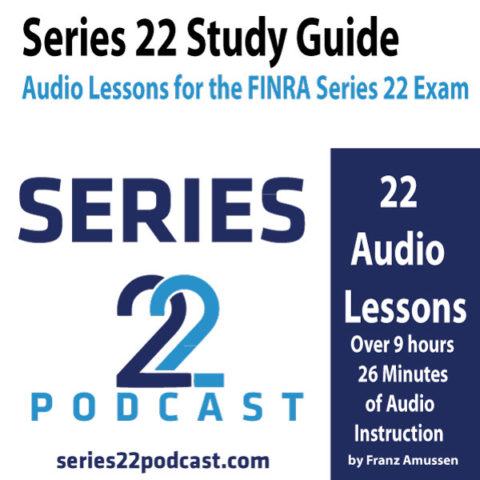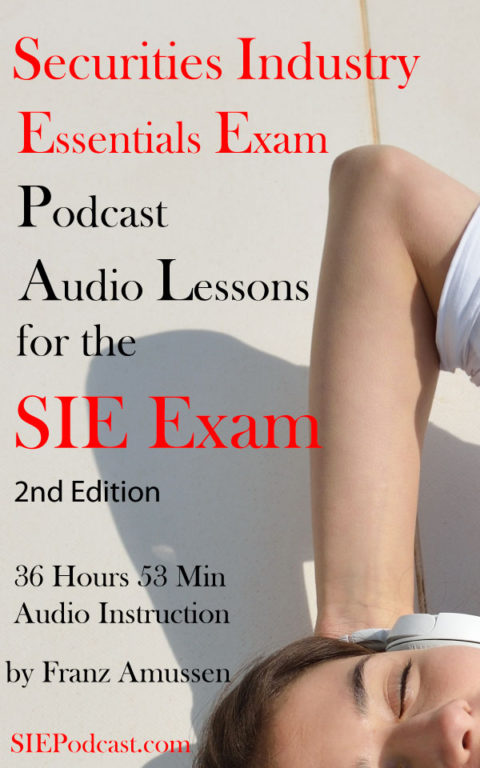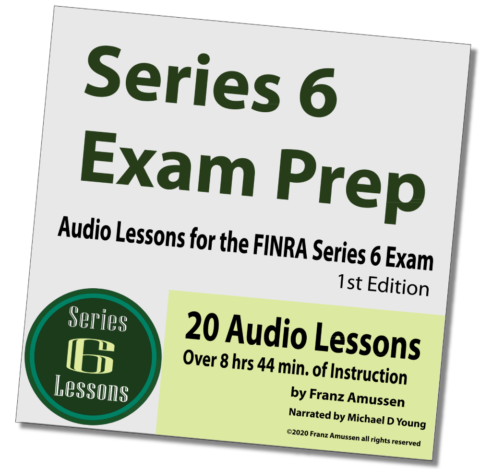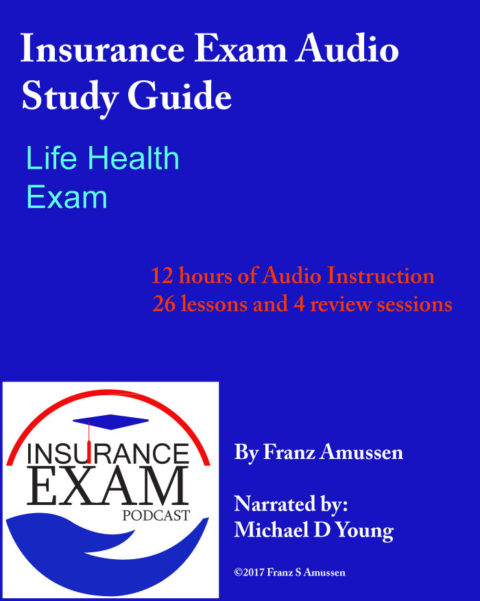Lesson 16 Registered Representative Criteria:
In order to become a registered representative you must meet the four criteria: you have to be trained, you have to be competent, you have to have experience, and you have to be of a good moral character. If you are deficient in one or more of these areas, you cannot become registered. You can also become ineligible if you are expelled or suspended by another regulatory organization, such as the SEC, if you cause the explosion or suspension of a broker dealer/principal, if you misrepresent information on your application, if you have have a conviction on a crime involving securities within the last 10 years, or if you have a court injunction/order barring you.
Member firms will naturally want to use advertising to increase their business, using both business and retail communications. These are regulated by FINRA. These communications include TV/radio ads, public websites, films, newspapers, magazines, directory listings, billboards, online ads, or any other form of media that reaches the public.
Other kinds of messages are offered to a targeted audience, not the general public. These include things like market reports, password-protected websites, form letters/emails, mail ads, etc.
FINRA rule 2210 is the most current communication rule and categorizes communication into three categories: retail communication, institutional communication, and correspondence.
Retail communications are those given to 25 or more retail investors within a 30-day period whether it is in hard copy or electronic formats. These are any investors that are not institutional investors. All of these communications have to be approved by the registered principal before being used. You can to keep copies of all retail communications for at least three years. New FINRA member companies have to submit these communications to FINRA for review at least 10 days prior to their first use. This restriction can also be into place if FINRA finds that a member firm has been making false or misleading statements in their communications.
Institutional communications are those that are only made exclusively to institutional investors, either in electronic or hard copies. These do not have to be approved by a principal before use as long as their procedures in place about these communications that employees have been trained on. It does not have to be filed with FINRA, but it does have to be kept for at least three years. Because of the size and complexity of companies, there are fewer laws that have to protect them. Institutions include broker dealers, investment advisers, trusts, banks, insurance companies, government agencies and other financial institutions.
Correspondence is communication with fewer then 25 retail investors within a 30 day period, including emails. Usually, only samples of correspondence are periodically reviewed. Members should make sure to review all incoming hard copy correspondence as it often contains cash, checks, securities, or complaints.
Broker-dealer websites do not mean that they have a place of business in other states as long as the website states that the firm can only transact business in states where it is properly registered. The website should only contain general information about the firm and not specific investment advice. Any Internet inquires require the firm to follow the registration requirements of the state from which the customer is contact them. Website content must be approved by the principal before its first use and has to be filed with FINRA within 10 days. Any changes have to reapproved by both the principal and FINRA.
There are several categories of ads you should know about. Blind recruiting ads are placed by a member firm to find job applicants. This is the only kind that does require the member firm’s name to appear on the ad. Everything has to be completely factual, including salary disclosures.
Generic advertising is meant to promote awareness of the firm and to announce which products or services are available through the firm. They include which products they are offering, a contact name and other information, and the kinds of accounts offered.
Tombstone ads are announcements for new securities that will soon be hitting the market. They can be run even during the cooling off period. They have to include a statement that the registration has not yet become effective, that there is no obligation in responding to the ad, that a prospectus can be obtained upon request, and that this ad does not constitute an offer to sell securities and that you need a prospectus to do so.
Sometimes, member firms will use testimonials in their advertising, especially those by well-known people. If they praise the past performance of the firm, you have to include a disclaimer saying that past performance does not guarantee future performance. You have to disclose if the person who gave the testimonial was compensated in any way. If they are speaking as an expert, you have to reveal what qualifies them as an expert and where you got your research.
If you advertise any services as being free in an ad, they must come with no costs of any kind or any strings attached.
It is important that you avoid making misleading statements to the public through ads or other communication, such as implying endorsement by FINRA, the NYSE, or the SEC. You cannot print the FINRA logo in type that is larger than the member’s name. You cannot misrepresent a person’s qualifications or anything else about the ad.
If you are ready to get serious and want the full series of Series 22 Audio Lessons…
In order to take the Series 22 Exam you must also Pass the SIE Exam
We also have audio lessons for the following exams:
Podcast: Play in new window | Download








